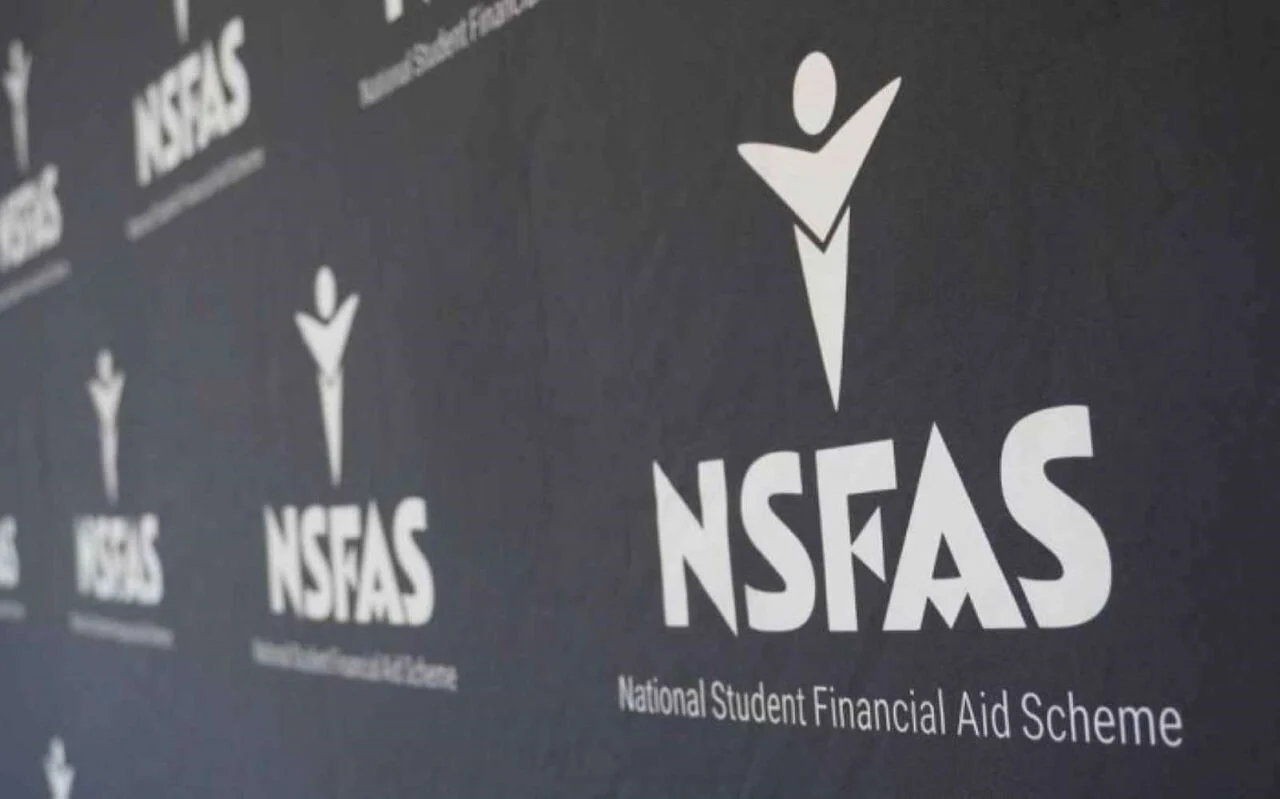The National Student Financial Aid Scheme (NSFAS) provides comprehensive bursaries and loans to eligible students pursuing higher education in South Africa. Understanding what the NSFAS bursary covers can help students and their families plan better for the academic year. Here’s a detailed breakdown of what the NSFAS bursary covers for university and TVET college students, aligned with the latest guidelines from the Department of Higher Education and Training (DHET).
NSFAS Bursary Coverage for University Students
- Accommodation
- Covered as per the actual costs charged by the university. Note that costs for private accommodation must not exceed those for university residences.
- Transport
- For students living up to 40 km from their institution, NSFAS provides a transport allowance of R7,500 per annum.
- Living Allowance
- Students receive a living allowance of R15,000 per annum to cover daily living expenses.
- Book Allowance
- An annual book allowance of R5,200 is provided for purchasing textbooks and other learning materials.
- Incidental/Personal Care Allowance
- Students in catered residences receive an additional allowance of R2,900 per annum for incidental or personal care expenses.
NSFAS Bursary Coverage for TVET College Students
- Accommodation
- Urban Area: R24,000 per annum
- Peri-Urban Area: R18,900 per annum
- Rural Area: R15,750 per annum
- Transport
- For students living up to 40 km from their institution, NSFAS provides a transport allowance of R7,350 per annum.
- An additional transport allowance of R7,000 per annum is available.
- Incidental/Personal Care Allowance
- All TVET students receive an incidental/personal care allowance of R2,900 per annum.
Who Qualifies for NSFAS Funding?
NSFAS aims to assist students from low-income families to pursue higher education. Here are the criteria for NSFAS funding eligibility:
- All South African Citizens: Any South African citizen can apply for NSFAS funding.
- SASSA Grant Recipients: All recipients of SASSA grants automatically qualify for funding.
- Household Income: Applicants whose combined household income does not exceed R350,000 per annum qualify for funding.
- Persons with Disabilities: For applicants with disabilities, the combined household income must not exceed R600,000 per annum.
- Pre-2018 Students: Students who began their studies before 2018 qualify if their household income is not more than R122,000 per annum.
Conclusion
The NSFAS bursary covers a wide range of expenses to ensure that financial constraints do not hinder students from achieving their academic goals. From accommodation and transport to living and book allowances, NSFAS provides substantial support to deserving students. Understanding these provisions can help students better prepare and focus on their studies, knowing that their essential needs are taken care of.
For more information on NSFAS funding or to apply, visit the NSFAS website.
